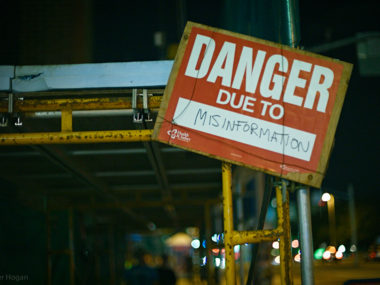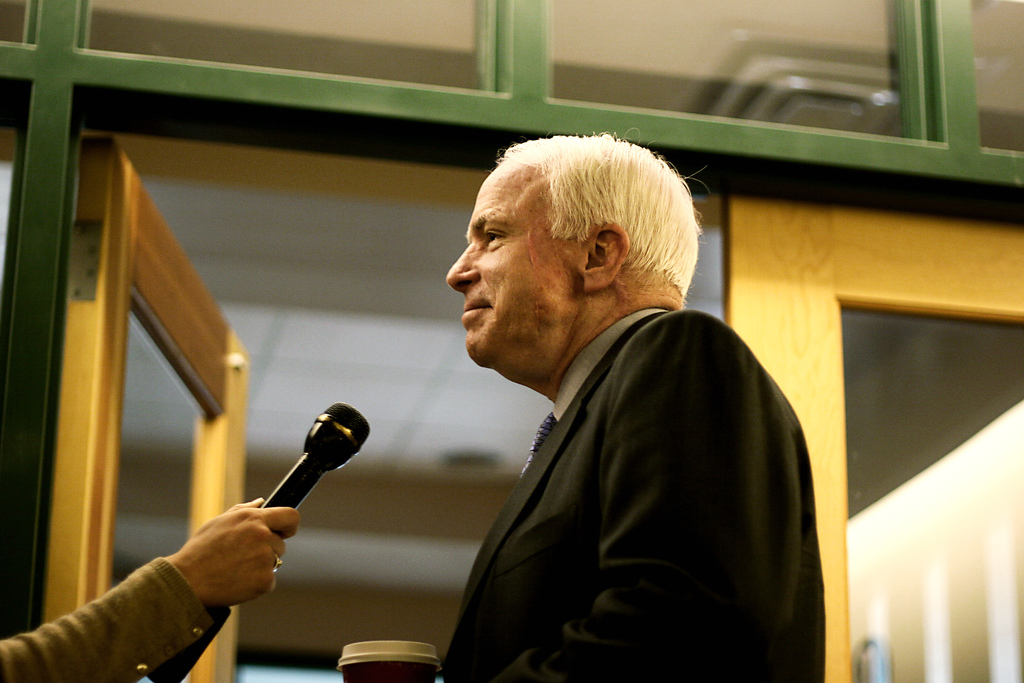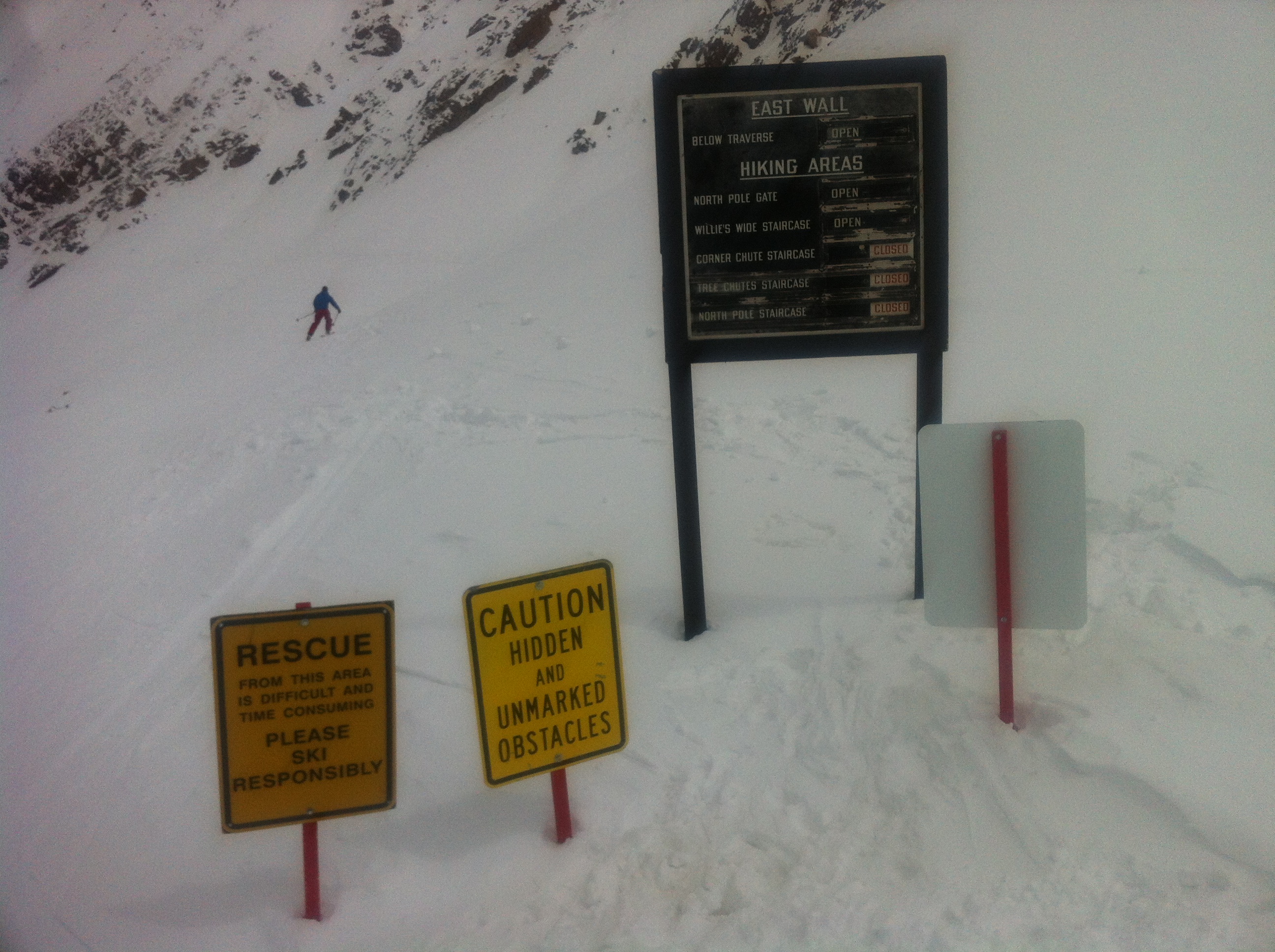Guest post by Cassy Dorff.
Sunday morning is a time often reserved for the absence of rushing, for solace and calm, for spiritual replenishment or for coffee, pancakes, and newspapers. This Sunday, we all awoke to the largest mass shooting in US history. We found our President speaking to us for the eighteenth time about a mass shooting. We learned that while we are only 164 days into 2016, we have had 133 mass shootings. We read the heart-wrenching replay of a mother’s last text messages to her son who was trapped in the bathroom with the shooter – “He’s coming.” We found that a hate crime had been committed against our friends and family in the LBGTQ+ community, a community whose most repeated catchphrase manifests their immense generosity of spirit: “Love is love.”
Like many of you, I cried. I also rushed to locate my adult equivalent of a blankey: poetry.
You may shoot me with your words,
You may cut me with your eyes,
You may kill me with your hatefulness,
But still, like air, I’ll rise.
Maya Angelou’s words billowed into the room and immediately wrestled with Sorrow who was trying mightily to fill the air (you can read the rest of her poem, I Rise, here, or better yet listen to her read it). I’m grateful for those words and will be adding them to my required reading list for students of civilian agency.
What we have seen during the past 24 hours is that Love is Love even in the face of hate. In our field of study, we can often fixate on the hate. As scholars of political violence, we hone in on preventative questions surrounding such tragedies: what could have been done to prevent this? What were the motives and how did ideology play a role? What information did the US government have about the likelihood of this event? (and, if you’re feeling particularly existential: does our work matter if these things never go away?) While these questions undoubtedly have an important place in both our personal and professional reactions to public atrocities, they can also contribute to a singular focus on the perpetrator, overlooking ways in which we can uphold the actions of victims, survivors, and community actors. We should also consider the broader consequences on our society’s political health. As one LGBTQ activist privately pointed out, a hate crime perpetrated by a Muslim against a club full of gays sounds like a good way to try to pit our POC (People of Color) community against our LGBTQ community. How, in the face of sadness and disgust, can a community – or a nation – foster resilience and collective hope rather than fractious hate and increased violence?
Perhaps we can start is by considering three questions. First, what is the general culture of response? The Orlando City Commissioner’s initial response to the crisis captured a sentiment we’ve now seen from LGBTQ+ activists and allies across the country: “I just want say that as a community, we are people who love, we are resilient, and we are going to show you… we are going to show you the good,” said Commissioner Patty Sheehan.
Second, how can we highlight examples of agency in the face of terror? Terrorism is designed to incite fear; it is also designed to rob individuals of a clear path forward. For those not living in Orlando, witnessing the attack can incite a feeling of helplessness. To combat that effect, we can focus our attention on moments of resiliency and resistance. A friend of mine summed this up nicely with a recent post quoting Fred Rogers:
When I was a boy and I would see scary things in the news, my mother would say to me, “Look for the helpers. You will always find people who are helping.”
Who are these helpers? Mass coordination through text, Facebook, and other mediums enabled parents and family members to inform police officers of the exact location of their loved ones. As video footage has shown, dozens of people at the club carried out injured friends, locating medical attention as quickly as possible and then turning to go help others. While, sadly, most gay men are still banned from donating blood, hundreds of people showed up on Sunday to donate. As a further reason that LGBTQ+ centers are an essential part of any town or community, the LGBT Center of Central Florida has been mobilized as a safe haven for community members to gather to grieve, to share information about survivors, and help one another through the aftershocks of the attack. Nearly 2 million dollars has already been raised by Equality Florida, the state’s LGBT civil rights organization founded in St. Petersburg but with branches across Florida, including an Orlando location.
And, third, what can we do? As experts and so-called subject “authorities” we influence both national discourse and conversation in the classroom. While I’ve highlighted ways of thinking about this that might encourage a different perspective on the study of terror, political violence, and collective strife, we might also consider that as educators we daily engage students who identify along a spectrum of class, gender identity, sexual orientation, and race. Breath air into your classroom. Talk about these issues with them. And learn ways that you can be more inclusive in the classroom. Not sure how to handle pronouns and name changes? Email students prior to the first day of class to give them time to tell you of any preferred names or pronouns that might alter from what is written in your roster. As information about victims – and more details of the tragedy – fill your news feed over the coming days, stay mindful, show up to a vigil, show your community that you are an active part of it.
Leaving behind nights of terror and fear,
I rise,
Into a daybreak that’s wondrously clear,
I rise.







1 comment
Beautifully said.